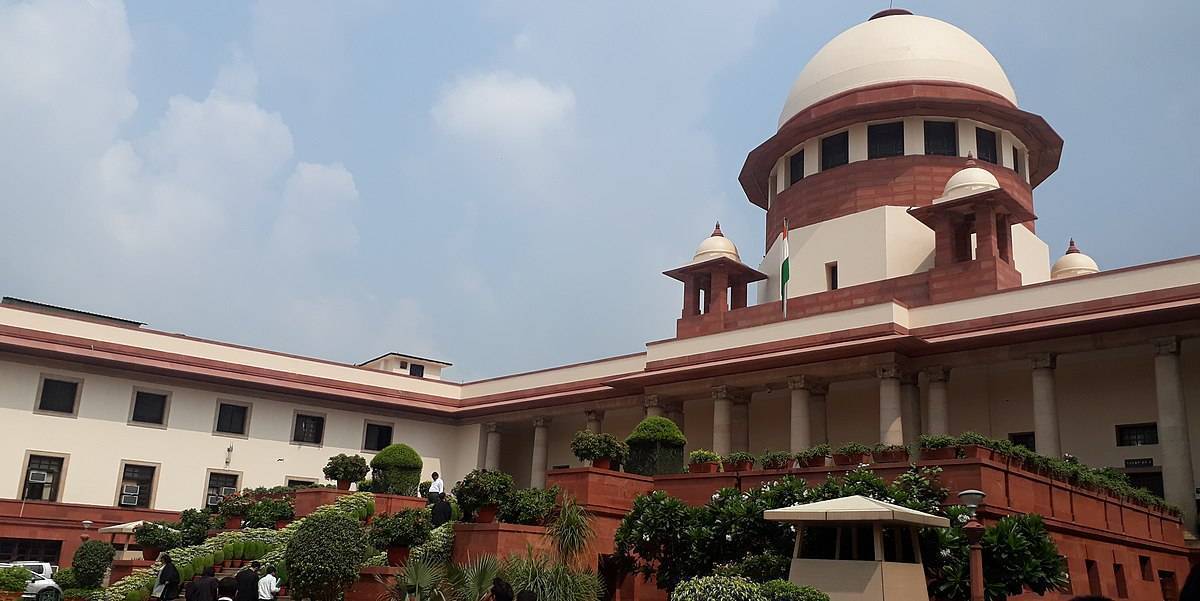In a significant move to enhance transparency and protect the interests of homebuyers, the Maharashtra Real Estate Regulatory Authority (MahaRERA) has mandated that real estate developers maintain three separate bank accounts for every project within a single bank. This directive, effective from July 1, 2024, aims to ensure financial discipline and timely project completion.
New Financial Structure for Developers
According to MahaRERA's directive, real estate developers must now open three distinct bank accounts for each project:
1. Homebuyers' Receipts Account: This account will hold all amounts received from homebuyers.
2. Escrow Account (70% Fund Allocation): Seventy percent of the funds, intended for the project’s construction and land cost, must be deposited in this escrow account. This measure ensures that a significant portion of the funds is used strictly for the development of the project.
3. Balance Funds Account (30%): The remaining 30% of the funds will be maintained in a separate account for other expenditures related to the project.
This structured approach aims to prevent the diversion of funds and ensure that financial resources are available for project completion, thereby building confidence among homebuyers.
Rationale Behind the Decision
The decision to mandate three separate bank accounts was taken after extensive consultations with stakeholders, including developers, homebuyers, and financial experts. MahaRERA highlighted that the current practice of maintaining a single designated account for each project, while effective to some extent, has seen developers ask homebuyers to deposit money into different accounts for various purposes, leading to financial mismanagement and delays in project completion.
To address these issues, MahaRERA's new regulation aims to enforce stricter financial discipline and accountability. By ensuring that funds are appropriately allocated and used, the regulator seeks to protect homebuyers' investments and enhance the real estate sector’s credibility.
Legal Protection for Homebuyers
MahaRERA emphasized that the new structure provides legal protection for funds deposited in the RERA Designated Collection Account and RERA Designated Separate Account from attachment by government agencies. This protection further ensures that the funds are used solely for the intended purposes, offering homebuyers an added layer of security.
Current Practices and Changes
Previously, developers were required to maintain a single designated escrow account for each project, holding 70% of the total project cost. However, issues arose as some developers asked homebuyers to deposit money into different accounts for distinct purposes such as booking amounts and amenities. This practice often led to confusion and mismanagement of funds.
The new directive seeks to standardize financial operations across projects, discontinuing the practice of multiple accounts and enforcing a uniform financial management approach. This change aims to create a transparent and accountable system that ensures the proper use of funds, ultimately benefiting both homebuyers and developers.
Industry Reactions
The real estate industry has largely welcomed MahaRERA's decision. Developers believe that this move will help safeguard project completion and boost the sector's credibility. Gautam Thacker, a Managing Committee member of NAREDCO Maharashtra, stated, "Developers, in general, have welcomed MahaRERA’s decision as it seeks to safeguard the project completion process. The decision is a win-win for both the homebuyers and developers as project completion is the ultimate goal of developers."
This sentiment reflects a broader industry agreement that the new financial structure will lead to more disciplined project management and timely completions, benefiting the overall market.
Enhanced Customer Experience
MahaRERA’s chairman, Ajoy Mehta, expressed the regulator’s commitment to building trust among homebuyers. He stated, "MahaRERA is committed to building trust among home buyers by legally empowering them to ensure their investments are secured and protected. These measures will be effective from July 1 and are aimed at having financial discipline and transparency in managing revenue as well as expenditures related to project development, thereby enabling precise financial oversight in the real estate sector."
By implementing these measures, MahaRERA aims to enhance the customer experience and ensure that homebuyers feel secure in their investments. The new financial structure is expected to lead to more efficient project management and quicker project completions.
Lessons from Other States
MahaRERA's decision follows a similar move by the Uttar Pradesh Real Estate Regulatory Authority (UPRERA) in December 2023, which also mandated developers to maintain three designated bank accounts. This alignment with best practices from other states indicates a growing trend towards stricter financial regulations in the real estate sector.
Future Implications
The directive from MahaRERA is expected to have far-reaching implications for the real estate sector in Maharashtra. By enforcing financial discipline and ensuring proper allocation of funds, the regulator aims to reduce project delays and enhance the credibility of the sector. This move is likely to attract more investors and homebuyers, fostering growth and stability in the real estate market.
Conclusion
MahaRERA's directive to maintain three separate bank accounts for every project marks a significant step towards ensuring financial transparency and safeguarding the interests of homebuyers. By mandating a structured financial approach, the regulator aims to enforce discipline, accountability, and uniformity in the financial operations of housing projects. This move is expected to enhance the real estate sector’s credibility, build trust among homebuyers, and ensure the timely completion of projects, ultimately benefiting both developers and consumers.
Image sources- freepressjournal.in, corpnet.com









.png)